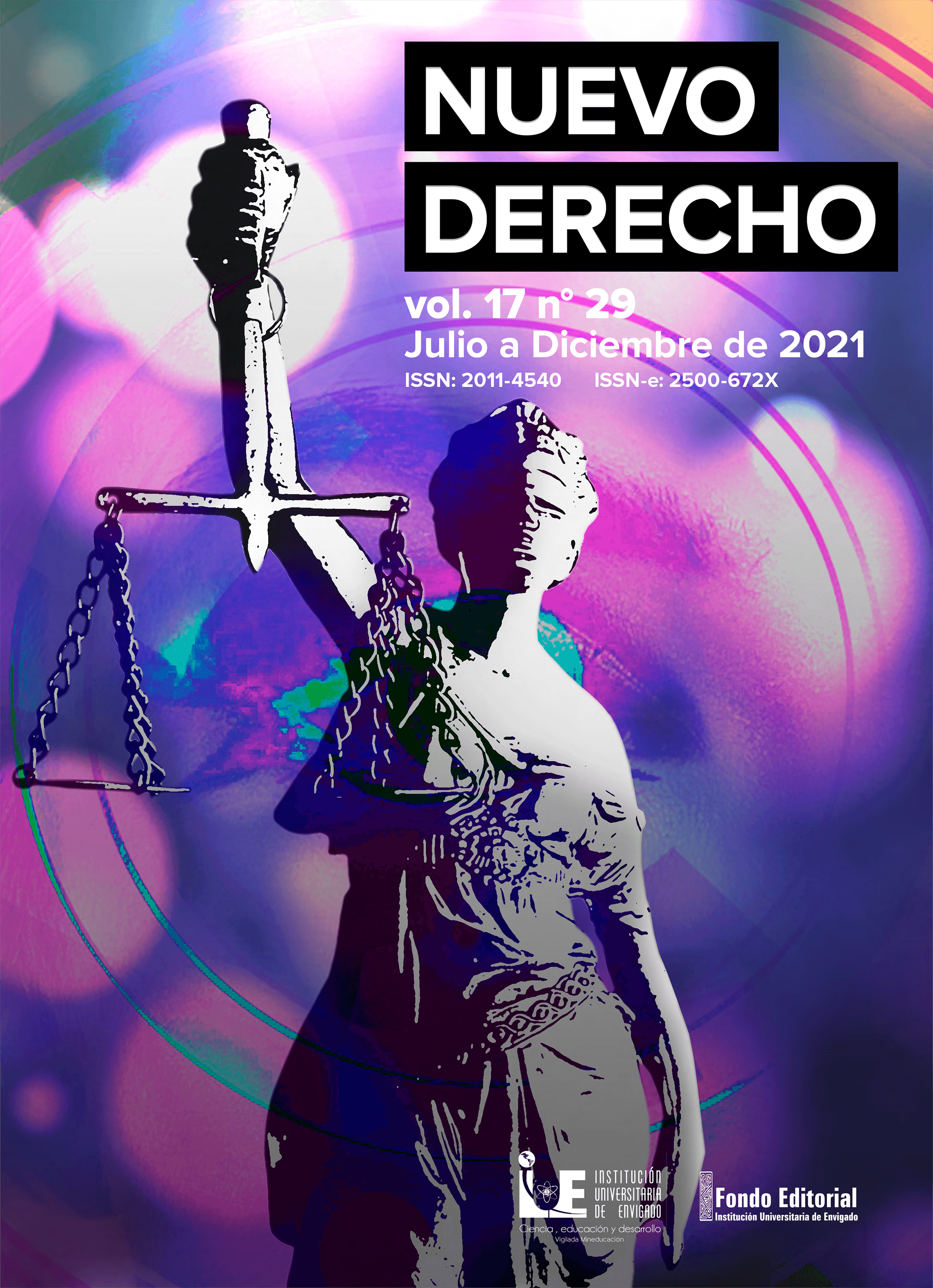The evolution of security: think about it based on the concept of human security
DOI:
https://doi.org/10.25057/2500672X.1425Keywords:
Security, Security Strategies, Human Security, University EducationAbstract
We evolve in the conception of security, we warn that another way of facing it is necessary, but we do not have an adequate academic framework to help us take on the challenges that such evolution represents. The scarcity of doctrinal elaboration on security matters leads us to propose the creation of a university academic training
dedicated to this field, with a teaching program focused on its integral conception and on all the factors that contribute to consolidate or violate it. Training with the capacity to instruct workers at the most qualified levels of security and generate an environment for debate and scientific research that provides definitions and answers based on agreed theoretical frameworks. We consider it necessary for the university to devote attention and resources to a field traditionally excluded from its object of study and to which it has only been approached tangentially through the areas of knowledge that have
some thematic relationship with it. The purpose of this work is to analyze the security challenges that Colombia faces, to determine how university education can contribute to the configuration and assumption of a conception of security appropriate to the reality and needs of the country.
Author Biography
Ingrid Sanchez Diez, Tecnológico de Antioquia
- Law Degree from the Universidad de Deusto.
- Specialist in Security Law.
- Doctor in Law from the la Universidad de Salamanca.
- Occasional full-time lecturer at the to Tecnológico de Antioquia, Institución Universitaria. ingrid.sanchez@tdea.edu.co
References
Angarita Cañas, P. E. (2011). Seguridad Democrática. Lo invisible de un régimen político y económico. Siglo del Hombre Editores.
Organización de las Naciones Unidas. (2008). Libro Blanco de la Seguridad Ciudadana y la Convivencia de Bogotá (2008). Primeros resultados. ONU HABITAT-Programa Ciudades más Seguras, Bogotá.
Organización de las Naciones Unidas. (2011). Libro Blanco de la seguridad y la convivencia de Medellín. ONU HABITAT-Municipio de Medellín-Universidad EAFIT.
Organización de las Naciones Unidas. (2013, 23 de diciembre). Resolución 68/685. Seguimiento de la resolución 66/290 de la Asamblea General sobre seguridad humana. Distr. General, Organización de las Naciones Unidas.
Programa de las Naciones Unidas para el Desarrollo. (1994). Informe sobre desarrollo humano 1994: Nuevas dimensiones de laseguridad humana. Programa de las Naciones Unidas para el Desarrollo (PNUD)-Fondo de Cultura Económica.
Programa de las Naciones Unidas para el Desarrollo. (2013). Informe Regional de desarrollo humano 2013-2014. Seguridad Ciudadana con rostro humano: diagnóstico y propuestas para América Latina. Programa de las Naciones Unidas para el Desarrollo. Nueva York, 2013.
Ríos Sierra, J., Bula Escolar, G., Brocate Pirón, R. (2013). Estado, Estado de Derecho y violencia armada en Colombia (2000-2011). Revista Paz y Conflictos, 6, 6-31. https://revistaseug.ugr.es/index.php/revpaz/article/view/427
Rivera Vélez, F. (2008). Estudio introductorio. En Seguridad multidimensional en América Latina (pp. 11-37). FLACSO Ecuador-Ministerio de Cultura de Ecuador.
How to Cite
Downloads
Downloads
Published
Issue
Section
License
Copyright (c) 2021 Nuevo Derecho

This work is licensed under a Creative Commons Attribution-NonCommercial-ShareAlike 4.0 International License.
Authors should declare that the article is an original work that has not been totally or partially published in any print or electronic media, which has not been submitted simultaneously to another publication and that is not currently under evaluation in another publication. On the other hand, I leave (we) evidence that the statements made therein are the sole responsibility of the / the authors / is.
All data and references to already published material are properly identified with their respective credit and included in the bibliographical notes and appointments that stand out as such and, in cases that require it, I have the proper authorizations for those with the respective rights; in case of any dispute or claim relating to intellectual property rights, we take responsibility exonerating responsibility to Nuevo Derecho.
If the article is approved for publication, the authors transfer the copyright to the journal New law to publish, distribute electronic copies and included in indexing services, directories or databases of national and international data on Open Access under the Creative Commons 3.0 Attribution-Noncommercial (CC bY-NC-SA) by which the authors retain their copyrights and allow them to others copy and distribute your work provided they recognize the corresponding authorship and the work is not used for purposes commercial.
Therefore, new law does not retain the rights to reproduce or copy (copyright), so the authors will have the final versions, to disseminate them in institutional repositories, personal blogs or any other electronic or print media, with the sole condition to make mention of the original source of publication, in this case Nuevo Derecho.

| Article metrics | |
|---|---|
| Abstract views | |
| Galley vies | |
| PDF Views | |
| HTML views | |
| Other views | |




